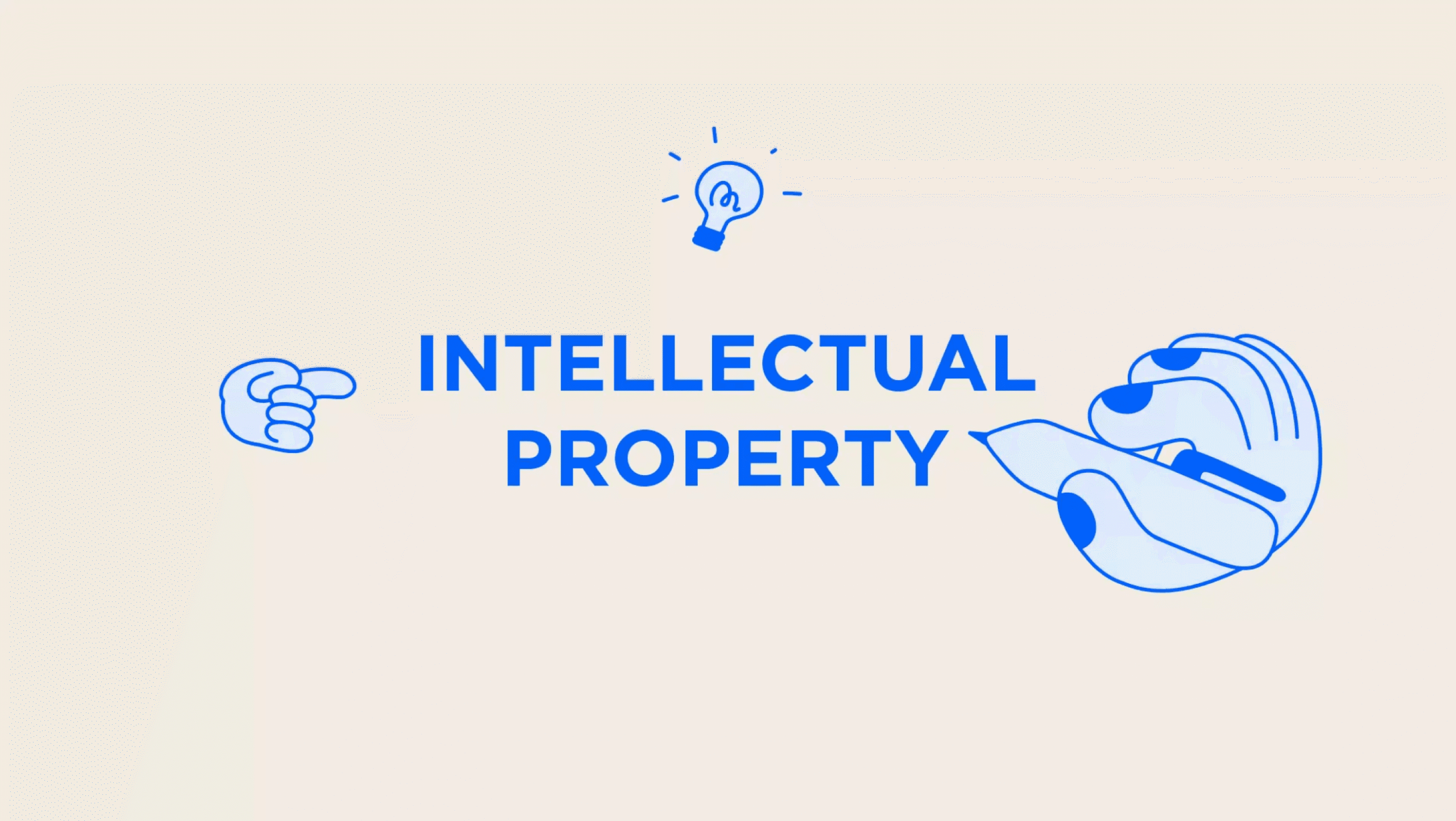Invisible Assets, Invaluable Rights: A Guide to Intellectual Property
In a world driven by ideas, innovation, and creativity, some of the most valuable assets a business or individual can own are the ones you can’t physically see — Intellectual Property (IP). Whether it’s a catchy brand name, an innovative product design, a unique invention, or a bestselling book, IP represents ownership over original creations of the mind. These intangible assets can generate massive value — if they’re protected.
This guide explores the fundamentals of Intellectual Property, the types of protections available, and why securing your IP is not just an option — it’s a necessity.
🔍 What is Intellectual Property?
Intellectual Property refers to creations of the mind that the law recognizes as protectable rights. These creations include inventions, designs, literary and artistic works, brand identifiers, and more. The law grants creators exclusive rights over their intellectual output — allowing them to profit from, license, or prevent others from using it without permission.
📚 Types of Intellectual Property Rights
1. Patents
Patents protect inventions — whether a new product, process, or improvement on existing technology. A patent grants the inventor exclusive rights to use, sell, or license the invention for a certain period (usually 20 years).
💡 Example: A pharmaceutical company patents a new drug formula to prevent others from manufacturing it without approval.
2. Trademarks
Trademarks protect brand elements like names, logos, slogans, and designs that distinguish goods or services in the marketplace.
💡 Example: The Nike “Swoosh” and the phrase “Just Do It” are trademarked symbols of the brand’s identity.
3. Copyrights
Copyrights protect original literary, artistic, musical, and creative works — including books, films, software, music, and digital content. The author usually has exclusive rights for their lifetime plus 60 years (in India).
💡 Example: A filmmaker owns the copyright to their movie, ensuring no one can distribute or monetize it without consent.
4. Designs
Design rights protect the aesthetic aspects of an article — like shape, pattern, or ornamentation — not its function.
💡 Example: The unique shape of a perfume bottle can be protected as an industrial design.
5. Trade Secrets
Trade secrets are confidential business information that provides a competitive edge — such as formulas, practices, or processes that are not publicly known.
💡 Example: The Coca-Cola recipe is one of the world’s most famous trade secrets.
⚖️ Why Intellectual Property Protection Matters
🔹 Prevents Unauthorized Use – Stop others from copying or profiting off your ideas
🔹 Creates Business Value – IP can be sold, licensed, or franchised
🔹 Attracts Investment – Startups with patented products often draw more investor interest
🔹 Builds Brand Identity – A strong trademark builds trust and market recognition
🔹 Encourages Innovation – Legal protection incentivizes creators and innovators
📈 IP in the Business Ecosystem
Whether you’re a tech startup, a fashion designer, an artist, or an established company, IP can become your strongest competitive asset. In fact, many companies today are valued more by their intangible assets (brands, software, patents) than by physical inventory.
Neglecting IP protection can result in:
-
Costly infringement lawsuits
-
Loss of market exclusivity
-
Copycats capitalizing on your innovation
-
Reputational damage
🛡️ How We Help You Protect Your IP
Our IP law services are tailored to creators, entrepreneurs, and businesses who want to protect what’s rightfully theirs. We offer:
✅ Patent Filing & Prosecution
✅ Trademark Registration & Disputes
✅ Copyright Advisory & Registration
✅ Design Registration
✅ Trade Secret Protection Strategies
✅ IP Enforcement & Litigation
✅ Licensing & Commercialization of IP
🧠 Conclusion: If You Can Think It, You Should Protect It
Intellectual Property might be invisible — but its power is undeniable. In the knowledge economy, owning your creations isn’t just protection; it’s profit, growth, and recognition.
Whether you’re starting out or scaling up, IP protection ensures your ideas remain yours — and only yours.

